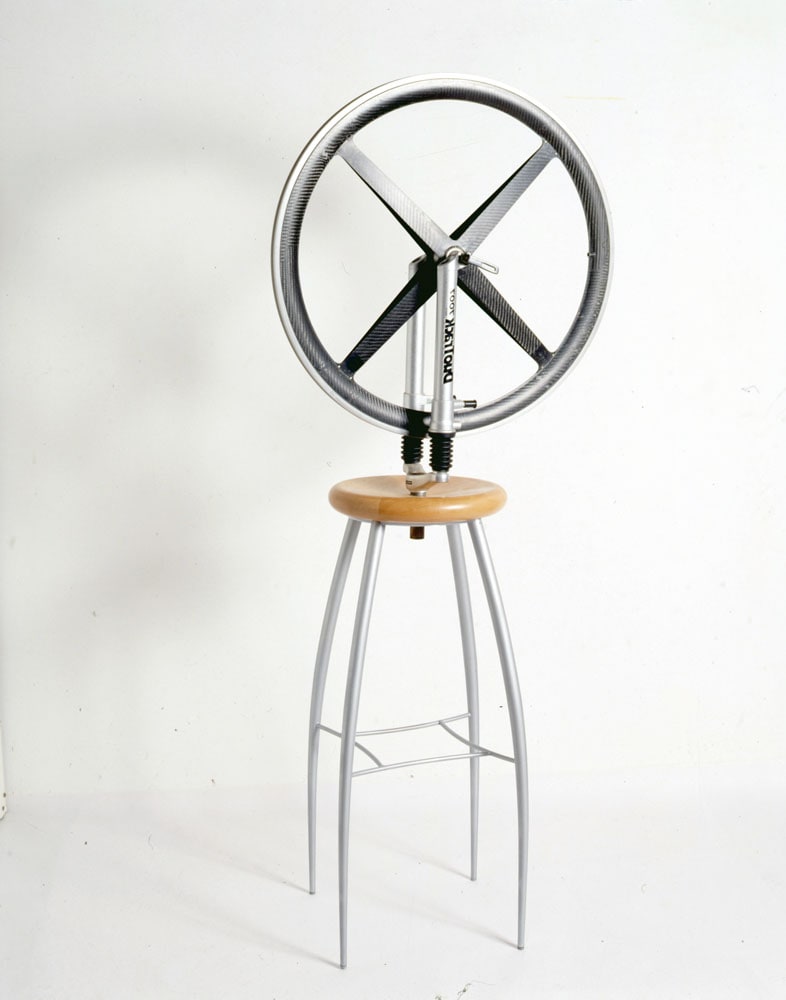Director: Andrzej Wajda
Cast: Zbigniew Cybulski, Ewa Krzyzewska, Waclaw Zastrzezynski,Adam Pawlikowski, Bogumił Kobiela
Poland 103’, 1958, black and white
Polish with Turkish subtitles
This filmis the extraordinary final installment in Wajda’s war trilogy and an unquestionable masterpiece, a true landmark of postwar European cinema. With a screenplay by Jerzy Andrzejewski, based on his novel, the film is set on the last day of the war and the first day of peace, when a young Home Army soldier (Zbigniew Cybulski, in his most famous role) is assigned to assassinate a Communist official. More important than the carefully etched political nuances in this vision of a Poland poised between past and a future defined by its postwar regime are the moral dilemmas faced by individuals in a time of transition, always treated with great humanity by Wajda. Cybulski’s way-cool performance – complete with dark shades, match cocked between his teeth and easy banter with the ladies – earned him the title, the “James Dean of Poland.”
Trailer

In 1998 Ben Jakober and Yannick Vu collaborated on an obvious remake of Marcel Duchamp’s Roue de Bicyclette, his first “readymade” object. Duchamp combined a bicycle wheel, a fork and a stool to create a machine which served no purpose, subverting accepted norms of art.
Tuesday - Saturday 10:00 - 19:00
Friday 10:00 - 22:00
Sunday 12:00 - 18:00
The museum is closed on Mondays.
On Wednesdays, the students can
visit the museum free of admission.
Full ticket: 300 TL
Discounted: 150 TL
Groups: 200 TL (minimum 10 people)